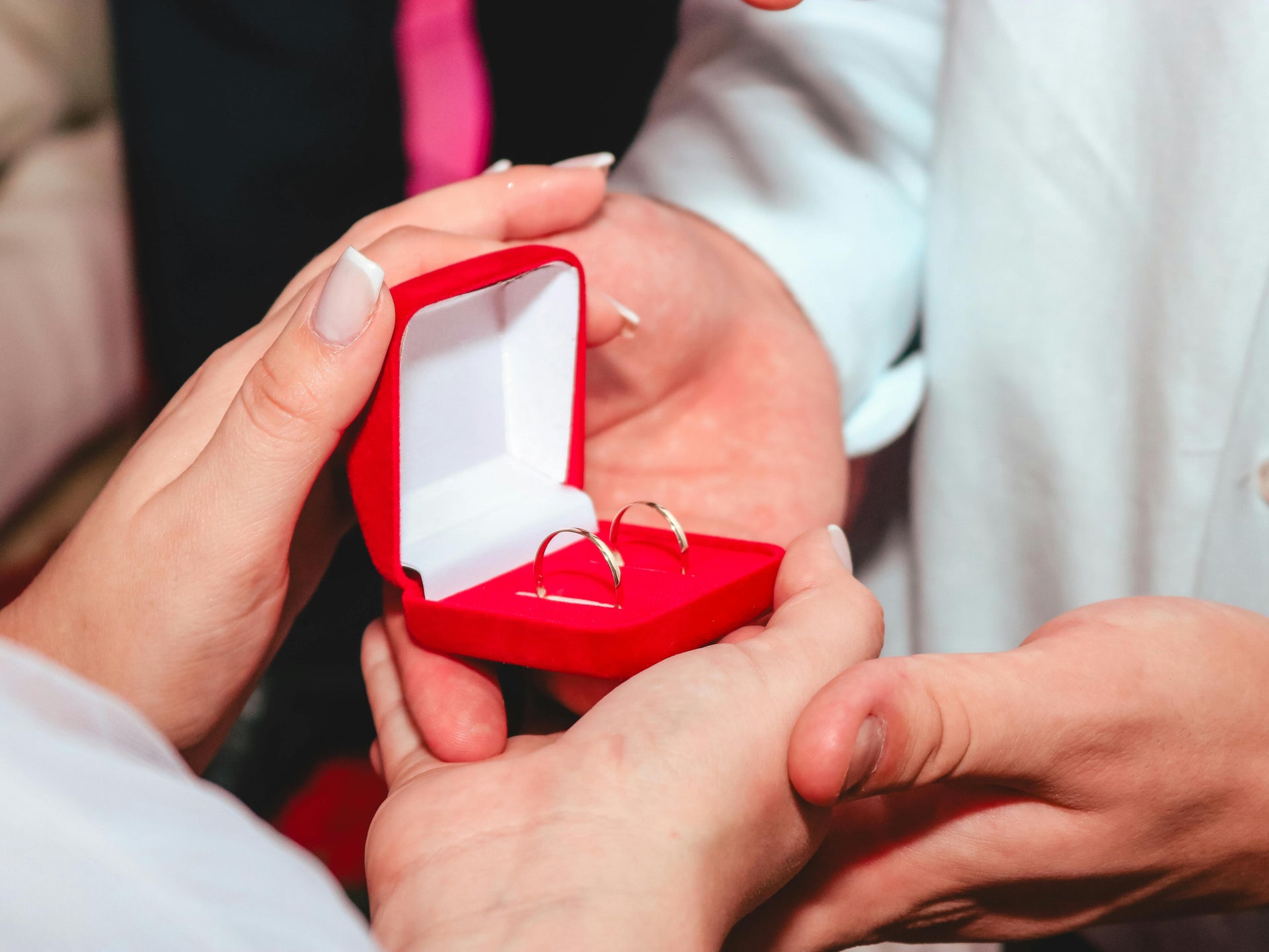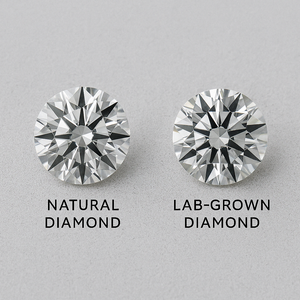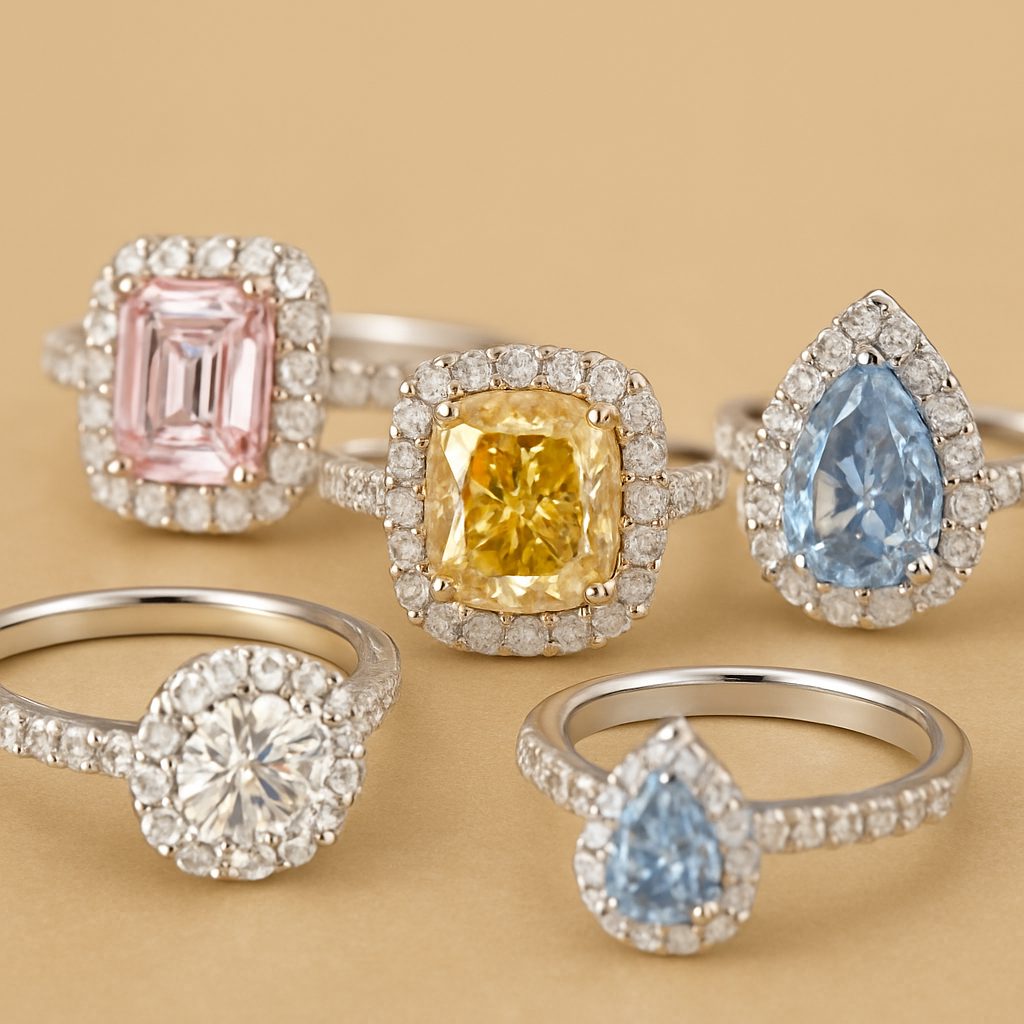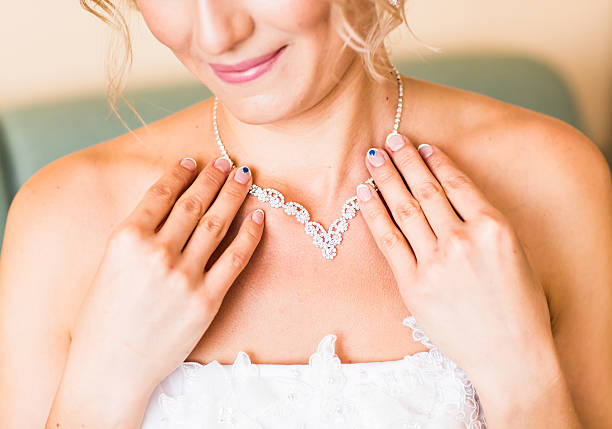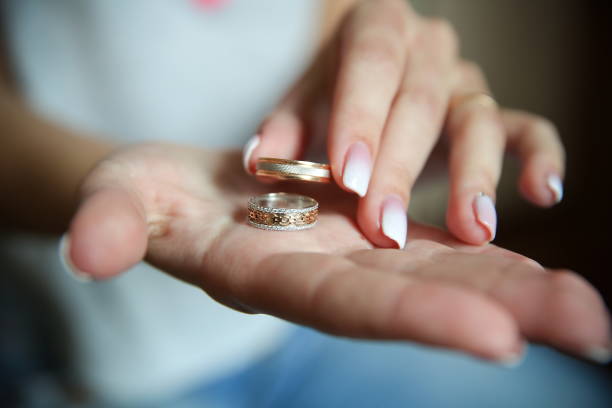✨ Because guilt must never accompany love.
You want to see commitment, love, and happiness when you look at a sparkling diamond, not danger or conflicts. However, not every diamond is created equal. Some are mined in places where mining profits fuel violence, mistreat laborers, or destroy ecosystems and communities.
So, how can you be certain that the diamond you're buying is ethically sourced?
This guide will guide you through every detail you'll need to make your diamond beautiful on the inside as well as the outside.
🌍 What Does “Ethically Sourced” Really Mean?
An ethically mined diamond is one that was mined, cut, and traded without hurting individuals or the world. It's all about:
-
Fair Labor Practices: No slavery or child labor. Workers have fair pay and work in conditions that are healthy.
-
Conflict-Free Origins: The diamond wasn't used to help fund wars or militant activities.
-
Environmental Responsibility: Responsible mining procedures that minimize the harm to nature.
- Transparent Supply Chains: You can follow it from mine through market.
📜 Which Certifications Should You Look For?
Not every certification is created equal. What matters is this:
✅The KPCS, or Kimberley Process Certification Scheme,a worldwide campaign to halt the conflict diamond trade. Although it's a good the start, some conflict diamonds may still get through.
✅ CanadaMark Diamonds are assured to be mined in Canada in accordance with rigid environmental and ethical standards. complete traceability between the retailer and me.
✅ Fairmined and Fairtrade Diamonds and GoldEncourage safe mining methods and equitable compensation for small-scale miners. uncommon but becoming more and more well-liked.
✅ Certification by IGI/GIA (with Origin Details) Details about the diamond's origin may be provided by independent grading labs.
🤔 Questions to Ask Before Buying a Diamond
Always ask your jeweler these:
- Where was this diamond mined?
- Is it Kimberley Process or another ethical body certified?
- Can you show me documentation of its supply chain?
- Is this a lab-grown diamond?
- Does your company have any sustainability or fair labor standards?
Honest, ethical jewelers will more than happily oblige. If they sidestep these questions — walk away.
💎 The Lab-Grown Diamond Advantage
If you desire the ultimate moral decision, lab-grown diamonds are your solution.
- No mining. No conflict.
- 100% traceable origin
- Same sparkle, same science, less guilt
- 30–40% more affordable
At San Liora, we utilize only IGI-certified lab-grown diamonds to ensure every piece is sustainable, conflict-free, and shining in every aspect.
🛍️ How to Spot a Truly Ethical Jeweler

Here are a few indications of a company that truly cares:
- Transparency regarding sourcing on their site
- Supply chain reports or traceability documents
- Fair trade or sustainability certifications
- Bamboo or biodegradable packaging and green production practices
- Donations to environmental or social causes
If they do not share this information openly, the chances are that they are concealing something.
💬 Why It Matters
When you purchase an ethically mined diamond, you're doing more than saving the planet — you're:
- Supporting good business
- Protecting human rights
- Encouraging sustainability
- Demonstrating love with intention
A diamond can be forever, but how it's mined lasts just as long — in effect.
🧾 Final Thoughts: Buy with Confidence, Wear with Pride
The future of fine jewelry lies in ethical diamonds, which are more than just a fad. You should have a ring that is as true to your principles as your love.
Thus, make sure to ask the appropriate questions. Investigate. Additionally, pick a diamond that shines honorably.
At San Liora, we think ethics and luxury go hand in hand. Each item we create narrates a tale of enduring love, sustainability, and accountability.
📌 Want to Know More?
✨ Browse our ethical lab-grown diamond collection
📞 Book a free virtual consultation
🛡️ Every piece includes:
-
12-Month Warranty
-
Appraisal Certificate
-
Sustainably Sourced Materials


